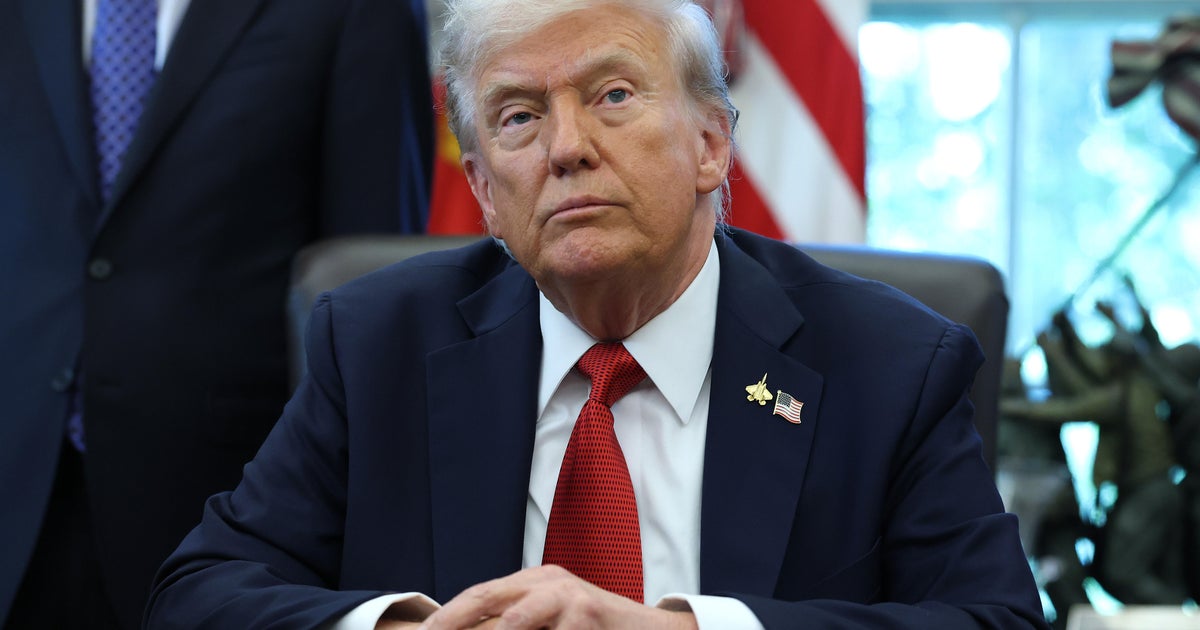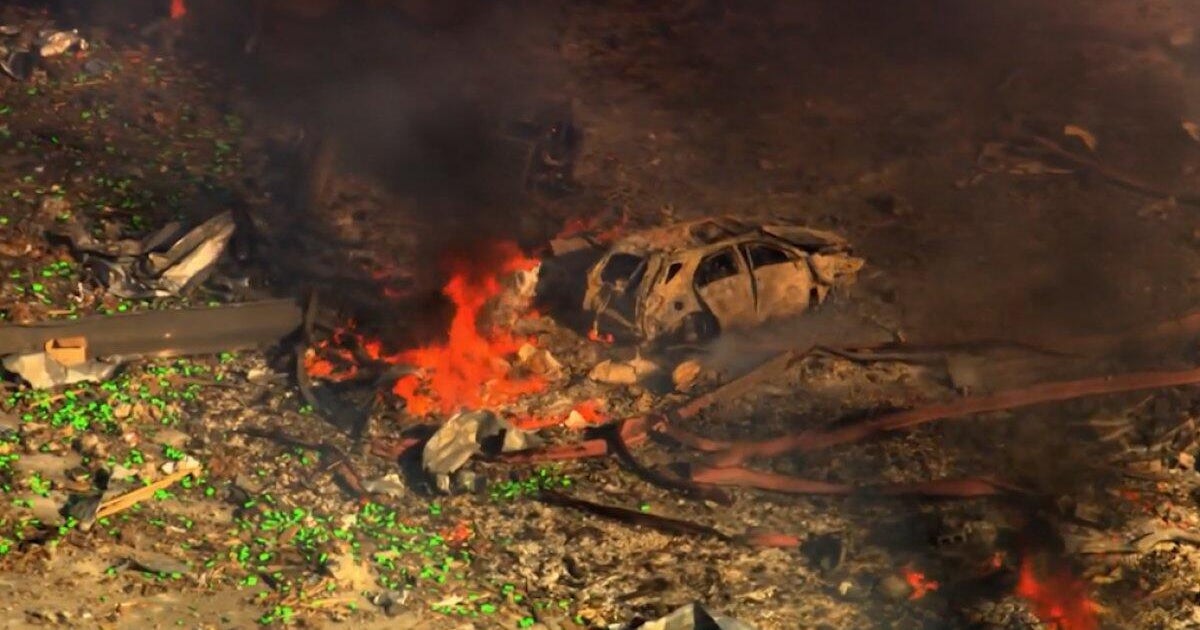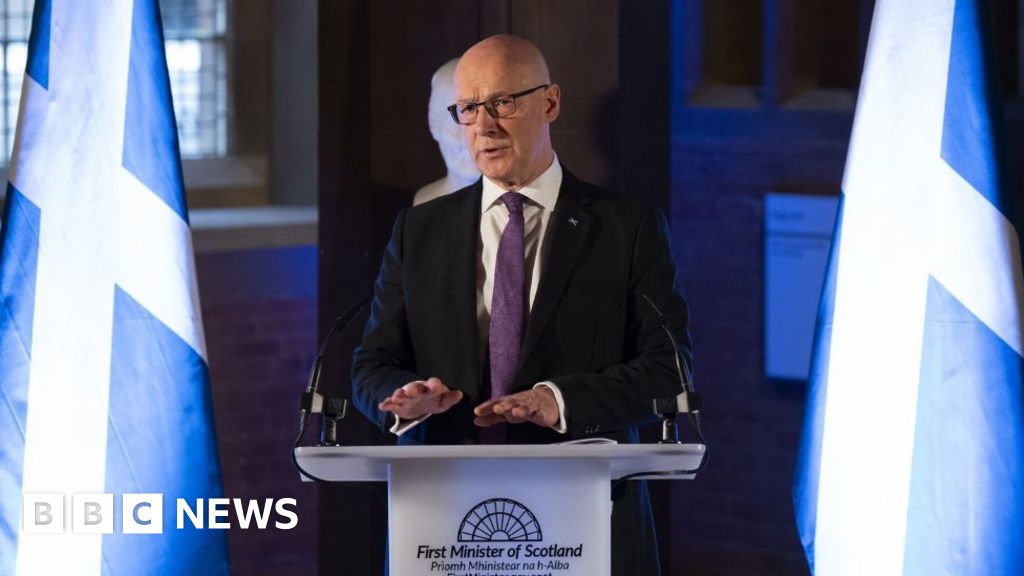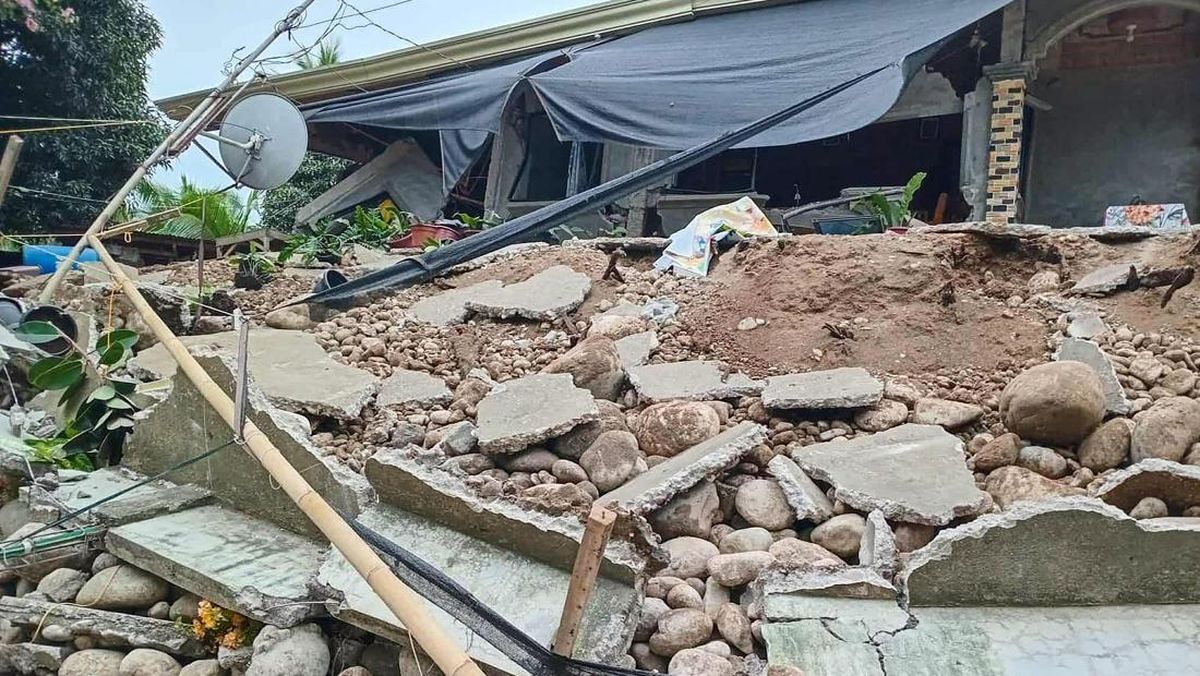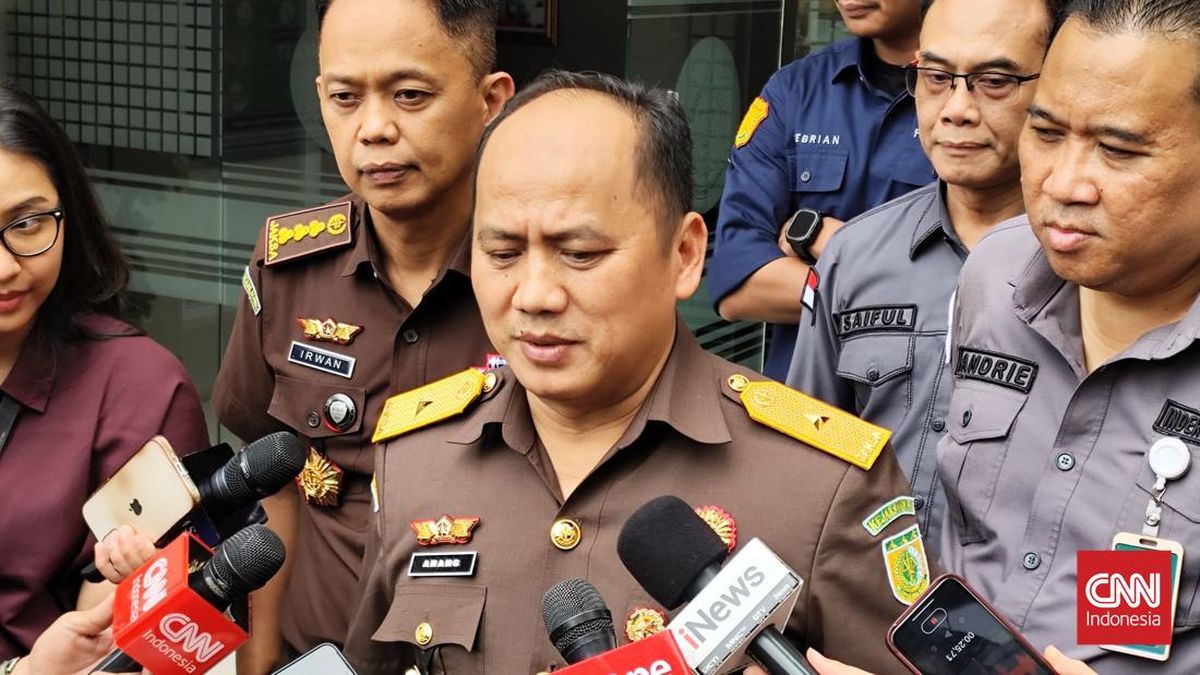Washington — The House is set to vote Friday on a Republican measure to keep the government funded until Nov. 21, with GOP leaders ignoring pleas from Democrats to negotiate on a plan to avert a shutdown.
Lawmakers are facing a Sept. 30 deadline to fund the government. House Majority Leader Steve Scalise, a Louisiana Republican, said Thursday it's a "distinct possibility" that the lower chamber could recess through Oct. 1. The move would dial up pressure on the Senate to pass the bill as is or risk a shutdown.
Both chambers are currently scheduled to be out next week for Rosh Hashanah and return Sept. 29.
House GOP leaders unveiled the bill earlier this week to extend spending at current levels, while also including funds for additional security to lawmakers amid renewed concerns about political violence in wake of conservative activist Charlie Kirk's assassination.
Democrats released a counteroffer Wednesday night that would keep the government open for a month — three weeks shorter than the Republican plan — and also permanently extend enhanced tax credits under the Affordable Care Act that expire at the end of the year, which Republican leadership has opposed. Democrats also proposed rolling back cuts to Medicaid that were part of President Trump's "big, beautiful bill" passed earlier this year and restoring funding for public radio and TV stations that was cut earlier this year in a rescissions package. Both are nonstarters with Republicans.
Attached to the Republican bill is an additional $30 million in funding for member security, as well as $58 million to protect the executive and judicial branches. Democrats proposed more than $320 million in funds for security for lawmakers, the executive branch and the Supreme Court.
With a narrow majority in the House, Republicans can only afford to lose two votes if all members are in attendance. But some moderate House Democrats are in a difficult position, and may join with the GOP majority to support the bill.
"I think we have the votes," House Speaker Mike Johnson, a Louisiana Republican, told reporters Thursday. "It's just very unfortunate that Democrats are trying to play partisan games when we're in good faith trying to fund the government. So this is a clean, short-term [continuing resolution]. There [are] no tricks to this at all."
On his way back from Britain on Thursday, Mr. Trump called on House Republicans to unify and pass the bill.
But even if the bill passes the House, it faces more serious headwinds in the Senate, where 60 votes are required to advance most legislation. With a 53-seat Republican majority, support from seven Democrats will be necessary to move the bill forward.
Senate leaders came to an agreement Thursday night to allow two votes Friday on a short-term funding patch if the Republican measure clears the House. The upper chamber will vote on the GOP bill, as well as the Democrats' alternative proposal. Both are likely to fall short of the 60-vote threshold, and then senators are expected to leave town for recess.
Though Democrats often support measures to keep the government funded, the party is under intense pressure this time around. Senate Minority Leader Chuck Schumer, a New York Democrat, reversed course during the last funding fight in March and allowed Republicans to move ahead with their funding plan. Schumer was chastised by members of his own party, some of whom argued it would be better to allow the government to shut down rather than approve the GOP funding bill.
This time around, Schumer and House Minority Leader Hakeem Jeffries, a New York Democrat, have been urging GOP leaders in Congress to negotiate with them on a funding plan. But Senate Majority Leader John Thune, a South Dakota Republican, and Johnson have suggested there's no need, since Democrats regularly support "clean" continuing resolutions to keep the government funded.
"Right now, it's clear that the Republicans are gunning for a shutdown, because if they wanted to keep the government open and operating, they would be having conversations with Democrats," Sen. Chris Murphy, a Connecticut Democrat, said Thursday. "I do not think Democrats have an obligation to fund the destruction of our democracy."
Jaala Brown contributed to this report.
Caitlin Yilek is a politics reporter at CBSNews.com, based in Washington, D.C. She previously worked for the Washington Examiner and The Hill, and was a member of the 2022 Paul Miller Washington Reporting Fellowship with the National Press Foundation.

